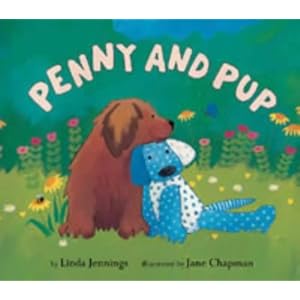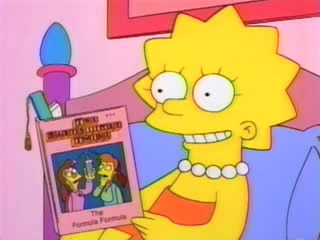Read this a while ago but still find myself telling people about it. In fact, some of you are probably sick of listening to me talk about it, although I’m not one who allows something like that to curb my enthusiasm. I am a big fan of writers who examine conventional wisdom and then challenge my long-held assumptions with their objective analysis (Freakonomics is one of my all-time favorite non-fiction reads). Tom Vanderbilt hooked me with his prologue to Traffic: Why We Drive the Way We Do (and What It Says About Us), in which he makes a convincing case that the jerks who charge to the front of a merging lane and then force their way back into the traffic stream have it right when it comes to optimizing traffic efficiencies. A particularly sobering chapter, “Why You’re Not as Good a Driver as You Think You Are” should be required reading for all of us. (Yes, even you). Equally compelling is the chapter on “How Our Eyes and Minds Betrays Us on the Road.” Consider that in our entirely evolutionary history, nothing has prepared us to travel at 80 mph while talking on a cell phone and yelling at kids in the backseat. I was fascinated by a chapter that makes the case that better roads and more safety signs result in more and deadlier accidents than dangerous roads with limited signage (we drive slower and pay attention). A favorite fact: one study demonstrated that drivers routinely failed to slow down when cautioned by a deer crossing sign, even when the researchers added flashing lights to the sign. Drivers did slow down, however, when the researchers placed a deer carcass beneath the sign.
All along this wonderfully detailed journey of the way we drive, Vanderbilt avoids scolding readers for their ignorance and sloppy habits. He frequently uses himself as the bad example and infuses his sometimes depressing news with humor and wit. If anyone wants to borrow my copy, I’m happy to share. But please return it, because neither of my kids will be allowed behind a steering wheel until they’ve read it cover to cover.
RCM









